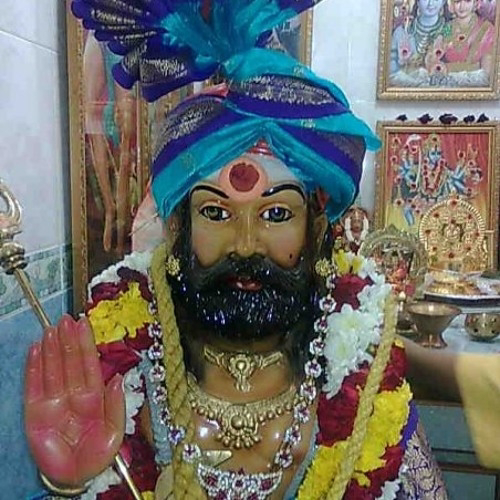இசக்கி அம்மன்

இசக்கி அம்மன் என்பவள் ஒரு கிராம தேவதை. சாதாரணமாக கிராம தேவதைகளை கிராமத்தில் உள்ளவர்கள் பெரிய அளவில் போற்றி வணங்குகிறார்கள். அவர்கள் தம்மையும் தமது கிராமத்தையும் காப்பதாக நம்புகிறார்கள். அது போல சில கிராம தேவதைகளை ஆராதிப்பத்தின் மூலம் தாமும் தமது குடும்பமும் நலமாக இருப்பார்கள், வேண்டியது கிடைக்கும் என்றும் நம்புகிறார்கள். முதலில் கிராம தேவதைகள் தம்மையும் தமது சக்தியையும் வெளிக் காட்ட கிராம மக்களை ஏதாவது ஒரு விதத்தில் பயமுறுத்துவார்களாம். பின்னர் அந்த கிராம மக்கள் யாராவது ஒருவரின் கனவில் அவர்கள் தோன்றி தான் இன்ன இடத்தில் புதைந்து உள்ளதாகவும், தன்னை வெளியில் எடுத்து வழிபட்டால் அந்த ஊரைக் காத்தபடி இருப்பேன் எனவும் கூறுவார்களாம். அதன்படி அந்த கிராம மக்கள் கனவில் வந்தபடியே அந்த தேவதைகளைக் கண்டறிந்து சிறு ஆலயம் எழுப்பி வழிபடுவார்கள். அந்த தேவதையும் அந்த ஊரைக் காத்தபடி ஊர் எல்லைகளில் அமர்ந்து இருப்பார்களாம். அப்படிப்பட்ட கதையின்படியே மாரியம்மனும் தன்னை வெளிக்காட்ட அம்மை நோயை உண்டாக்கி அதை குணப்படுத்த தன்னை வழிபட வைத்ததாக கிராமியக் கதைகள் உண்டு. அதைப் பற்றிய கதைகளை தனியாக மா





